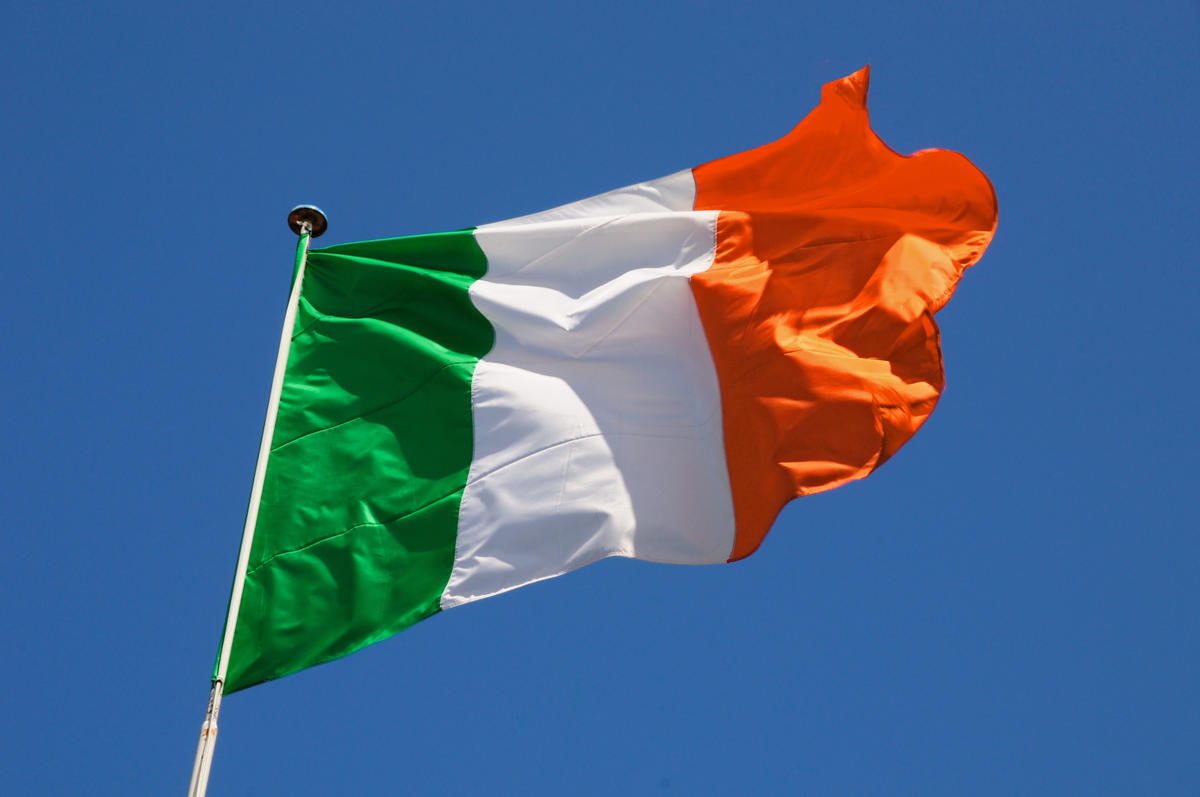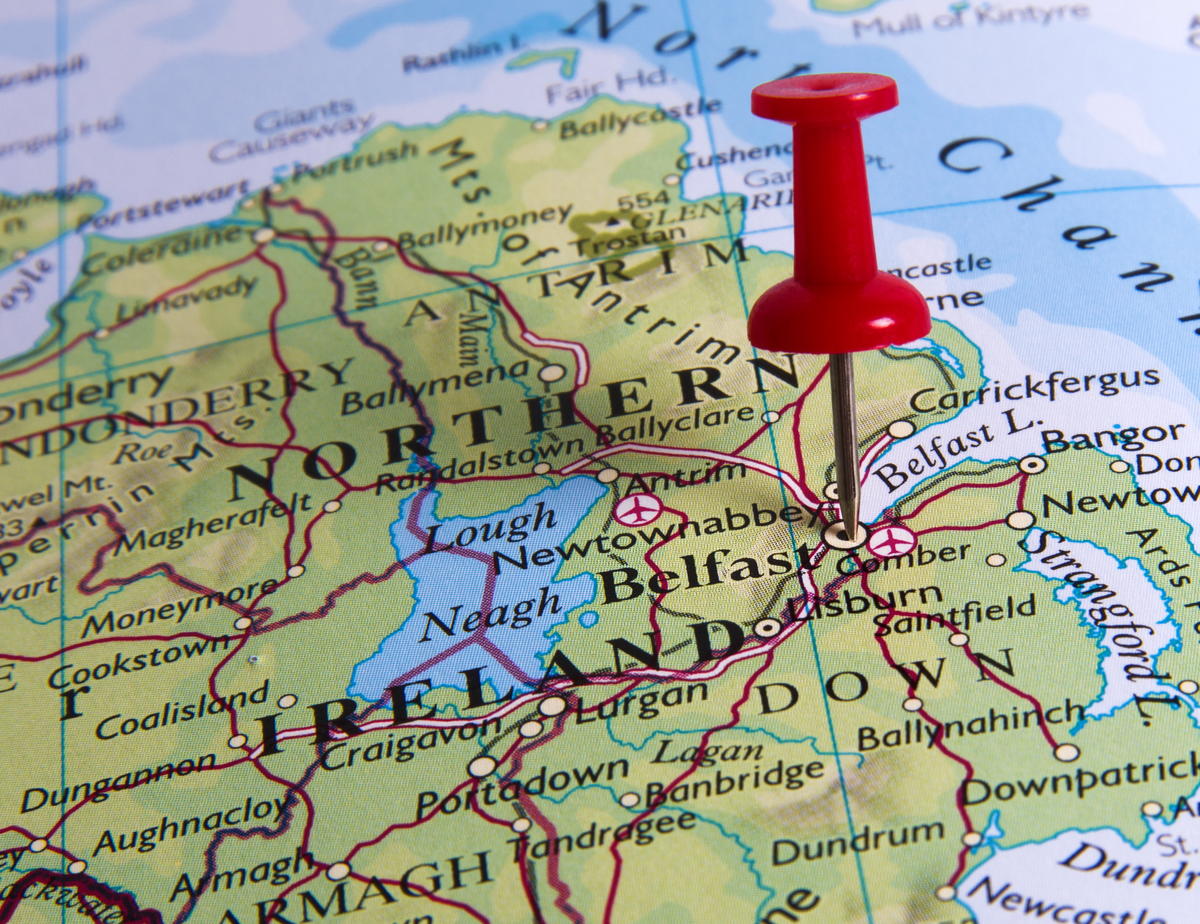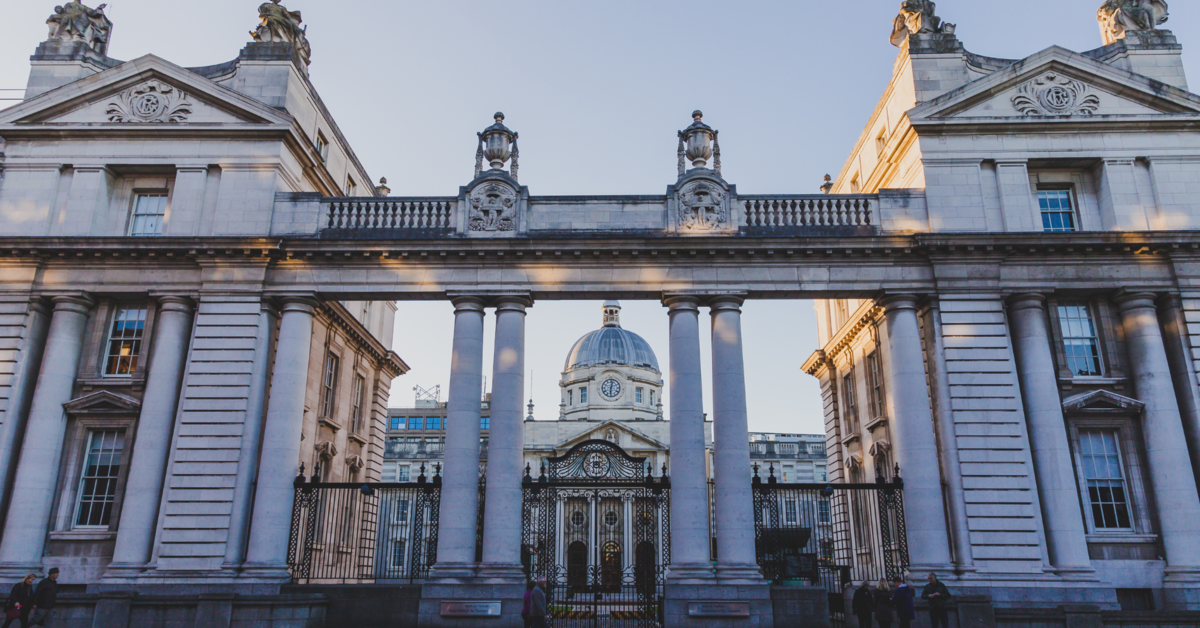Ireland and Tech Wobble
Over the past month, job cutbacks at some of Ireland’s biggest tech companies, such as Twitter, Meta and Stripe, have left many without jobs and many more uneasy about the future. Now that the initial cloud of dust kicked up by the tech wobble is beginning to settle, it’s worth reflecting on what this might mean for Ireland, given the extent of tech firms’ footprint on these shores.
Bottom line upfront: Ireland’s economy is in a good place, but bad news in the global tech industry is potentially very bad news in Ireland. Ireland’s recent Budget 2023, with its unexpected largesse designed to face down an energy and inflation crisis that would cause citizens extensive hardship (and create knock-on political problems), was funded largely by tax income paid by a small number of tech giants.
…a sudden and salutary reminder of the current fickle nature of the globalized economy...
The government parties went up in a subsequent poll so the spend, including a generous energy credit, bought them space, time and some relief from the relentless criticism of an articulate opposition who were left largely speechless after the government did everything they said they should and more.
The subsequent tech wobble is a sudden and salutary reminder of the current fickle nature of the globalized economy.
The Minister for Finance (and Eurogroup Chair) Paschal Donohoe has been saying for some time that much of the tax take from tech companies has a one-off aspect to it and cannot be depended upon when planning medium-term spending. That’s quite an admission. Tech troubles means hundreds of jobs are about to be lost (in Twitter, Stripe, Amazon and META for a start) so it is no longer just about the country’s dependence on corporation tax, but also its dependence on income and social insurance tax that will evaporate when high-paying jobs exit.
How quickly will the Tech wound heal?
Few here believe that the cracks in tech’s hegemony are the beginning of a permeant fracture, however. Tech’s dominance is deep-seated, its influence is wide, and the march of AI is inexorable. Ireland remains a very attractive destination for investment, with a skilled workforce, stable government and reputation for innovation. However, Ireland is also a small open economy, disproportionately vulnerable to and influenced by global trends, good and bad.
where others flailed, Ireland has been holding steady even in the face of inflation and an energy crisis
The Industrial Development Authority (IDA) and Enterprise Ireland held what felt like an emergency meeting with senior members of government on job losses in the tech sector last week and the no need to panic message was what emerged. There are over 250,000 people employed as a result of foreign direct investment, 106,000 people employed in the ICT sector and one-third of all wages are paid by the multi-national sector. One can understand therefore the government’s confidence in the strength of the sector and equally its concern over any threat to the jobs that sector provides.
The Minister for Enterprise and soon to be reappointed Taoiseach (Prime Minister), Leo Varadkar, came out in the days after the IDA/Enterprise Ireland meeting with a positive and confident narrative around the resilience of the Irish economy and, interestingly, placed emphasis on the scale and permanence of Ireland’s pharma sector. This is true and genuinely reassuring. It was an attempt to redirect peoples’ thinking and it had a calming effect, mostly.
The view from inside
Sources in government are hinting strongly, however, of real concern that a sustained downturn in the tech sector would have significant consequences for the country – Ireland’s awareness of its dependence on the sector wouldn’t make the effects of a dip any more palatable.
Ireland has been – and remains – an outlier in Europe with its positive economic prospects. Where others flailed, Ireland has been holding steady even in the face of inflation and an energy crisis. Whether that remains the case will depend on whether tech is having a moment or having a longer-term crisis.



